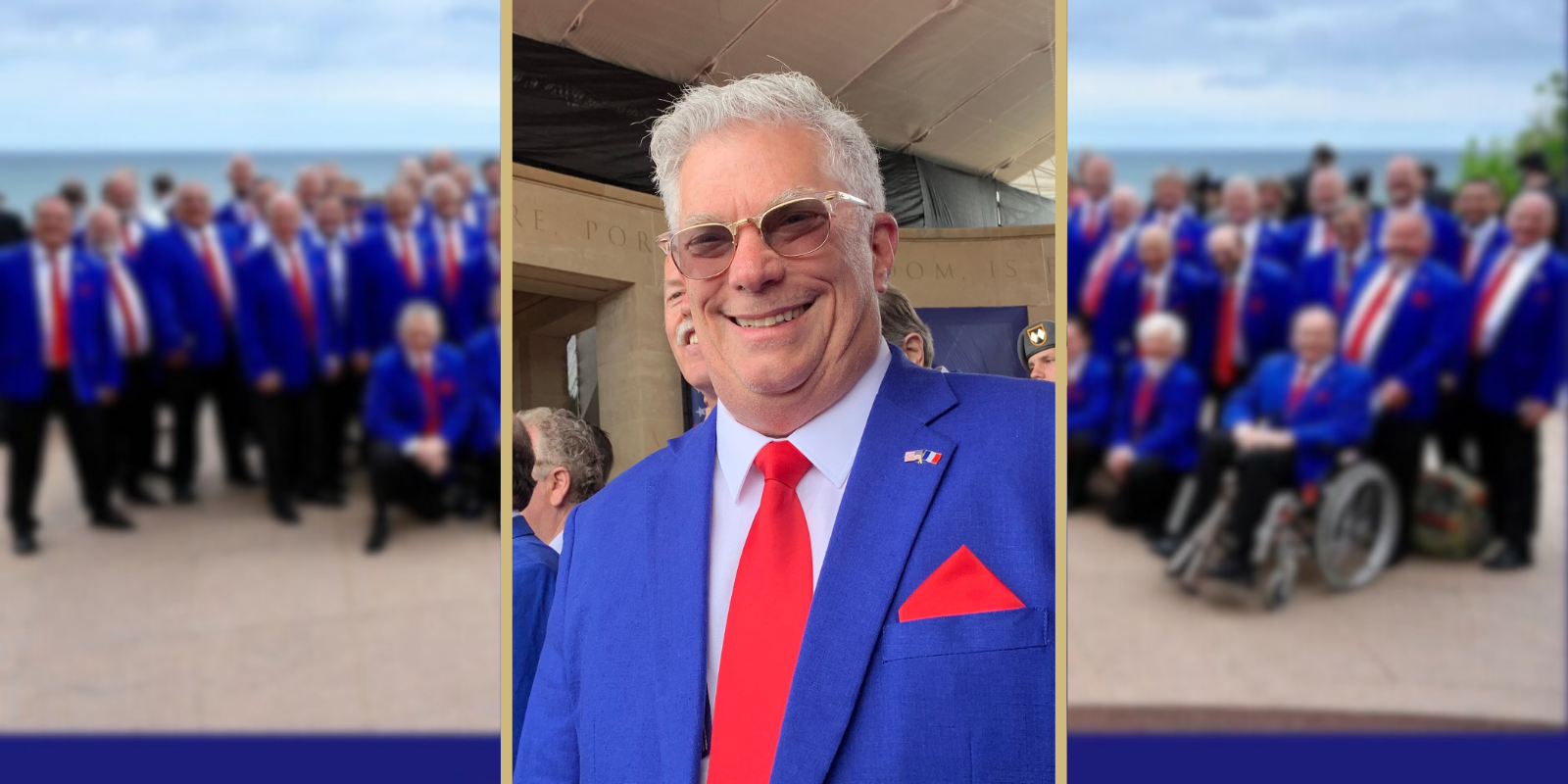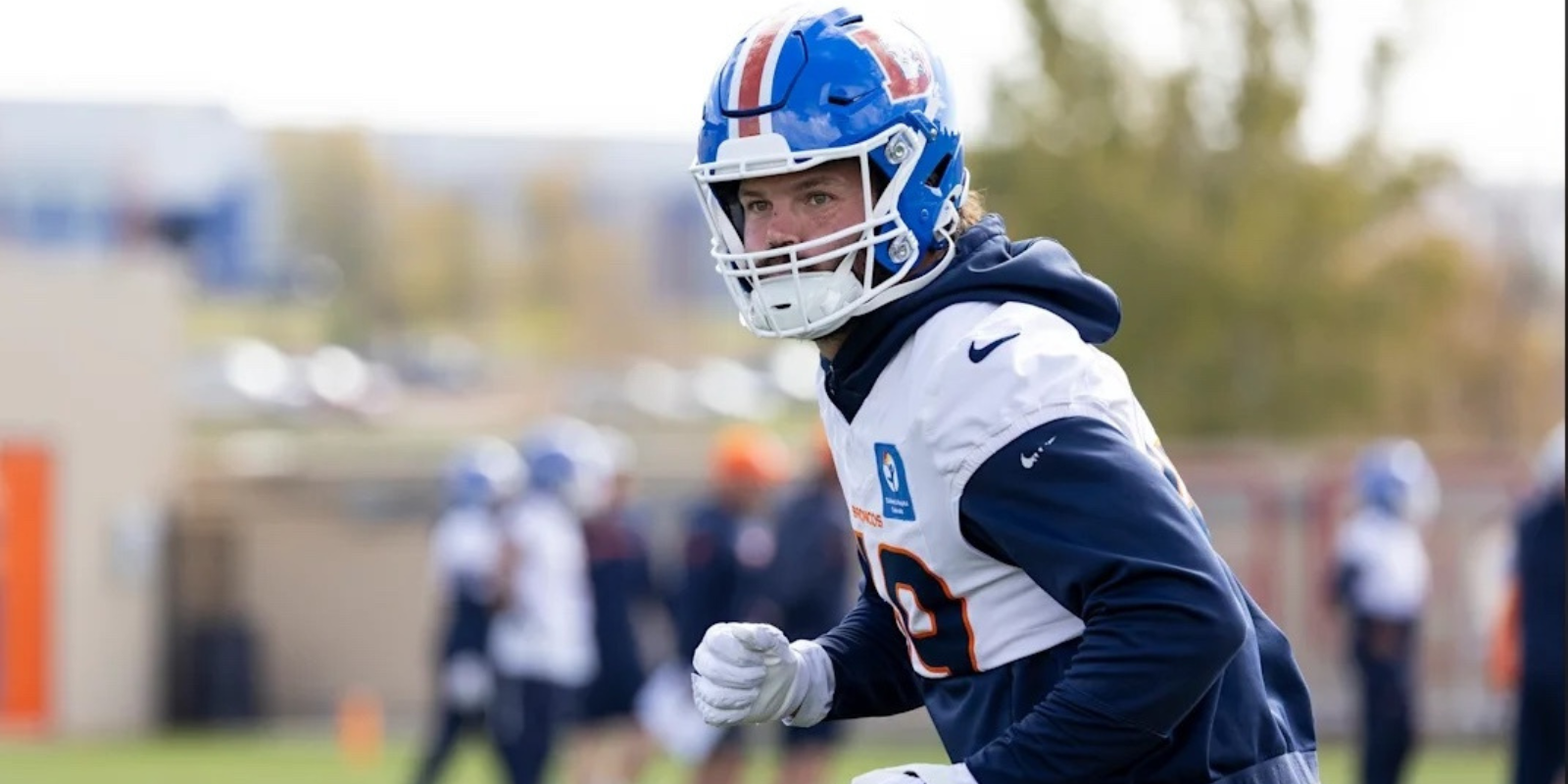I will find my way
I can go the distance
I'll be there someday
If I can be strong
I know every mile
Will be worth my while
Those lyrics, from the song “Go the Distance” — as sung by the title character in Disney’s 1997 animated feature “Hercules” — became an anthem for Jeff Maen as he underwent treatment for stomach cancer at the University of Colorado Cancer Center.
Maen, a Denver-based chiropractor who sings bass in the Sound of the Rockies barbershop chorus, sang “Go the Distance” every day during his treatment, which included surgery and chemotherapy.
“I think it helped with my healing process,” he says. “Singing puts a lot of oxygen in your body. While I was under treatment for cancer, my attitude was not to change my life at all. Sometimes I would go to chemo for four hours on a Thursday, then I’d go home with a pump for 24 hours, and that night, I'd wear my pump and go sing with Sound of the Rockies for three hours. I never stopped seeing patients, and I never stopped going to rotary.”
→ Watch Sound of the Rockies sing "Go the Distance."
Endoscopy reveals a problem
Maen’s cancer journey began in January 2024 not with symptoms, but with an abundance of caution: Having experienced acid reflux symptoms for more than 10 years, he asked for an endoscopy at the same time as his regular screening colonoscopy to check for esophageal cancer.
“I'm a chiropractor, so I know a good deal about medicine,” he says. “I know that reflux can give you esophageal cancer, so that was what I expected. I was not expecting to have stomach cancer, because I had no stomach pain. I was shocked, but it had not metastasized. It was still retained inside my stomach.”
Putting together a treatment plan
After being referred in by the gastroenterologist who performed his colonoscopy and endoscopy, Maen was evaluated at the CU Cancer Center’s Esophageal and Gastric Multidisciplinary Clinic, where he met with specialists from several different areas over one day.
“He was seen by medical oncology, surgery, and other specialties all at the same time,” says Chris Lieu, MD, the cancer center’s associate director of clinical research. “He received his treatment at UCHealth Lone Tree, which is closer to Centennial, where he lives. His story highlights the fact that he was able to be seen at the University of Colorado in a multidisciplinary fashion, come away that day with a plan, and be able to get treatment within the UCHealth system, but closer to home.”
Lieu ordered an ultrasound to determine the stage of the cancer, then started him on a four-week course of chemotherapy. That was followed by surgery with cancer center member Benedetto Mungo, MD, assistant professor of surgical oncology in the CU Department of Surgery.
“The surgery for gastric cancer entails removing some portion of the stomach, depending on where the cancer is located,” Mungo says. “The most common surgeries are total gastrectomy, where you remove the entire stomach and rebuild it using the small intestine, and subtotal gastrectomy, where the cancer is lower in the stomach, so you can save some of the upper stomach.”
Culinary celebration
Maen’s cancer was situated such that he was able to have a subtotal gastrectomy, leaving him enough stomach so that he could eat normally soon after the procedure.
 Jeff Maen sipping wine in Porto, Portugal, a year after his surgery.
Jeff Maen sipping wine in Porto, Portugal, a year after his surgery.
“My surgery was on April 30, and before surgery, I wanted to go to a Michelin star restaurant and have one of those big 11-course dinners,” Maen says. “I went to a place downtown on April 26 and had a fabulous dinner, thinking I'll never be able to eat like that again.
“Just recently I was in Portugal, at a two-star Michelin restaurant in Lisbon, and in celebration of a year from surgery, I had another two-star Michelin dinner.”
Mungo performed the gastrectomy robotically, using small incisions without sacrificing oncologic adequacy. Doing the operation robotically, he says, allowed Maen to get back to his life more quickly.
Recovery and beyond
Maen spent seven days in the hospital after his 2024 surgery; on the third day he and a few friends from Sound of the Rockies serenaded the nurses’ station with their a cappella rendition of the Drifters classic “Under the Boardwalk.”
“That was fun, but I was shocked that I was able to do it, because the doctor said he figured I wouldn't be able to sing for a month,” says Maen, who was back at choir practice two weeks later.
Now living life with no evidence of disease, Maen advises anyone with stomach or digestive issues to ask for an endoscope when they go in for a screening colonoscopy, a process that is now recommended to begin at age 45 for those at average risk of colorectal cancer.
As he prepares for Sound of the Rockies performances at the Barbershop Harmony Society’s 2025 International Convention in Denver this summer, Maen is reminded of the role of music in his recovery.
“We had a three-day practice this weekend where we sang one of our contest songs, a medley of ‘Home on the Range’ and ‘Light of a Clear Blue Morning,’ and our coach said, ‘You need to be thinking about something that connects to the song.’ For me, it was being a cancer survivor,” Maen says. “He really loused me up, because I couldn't sing the damn song. I kept choking up.
“My social worker said, ‘I've never known anybody to have a cancer song.’ Well, I highly recommend it.”



